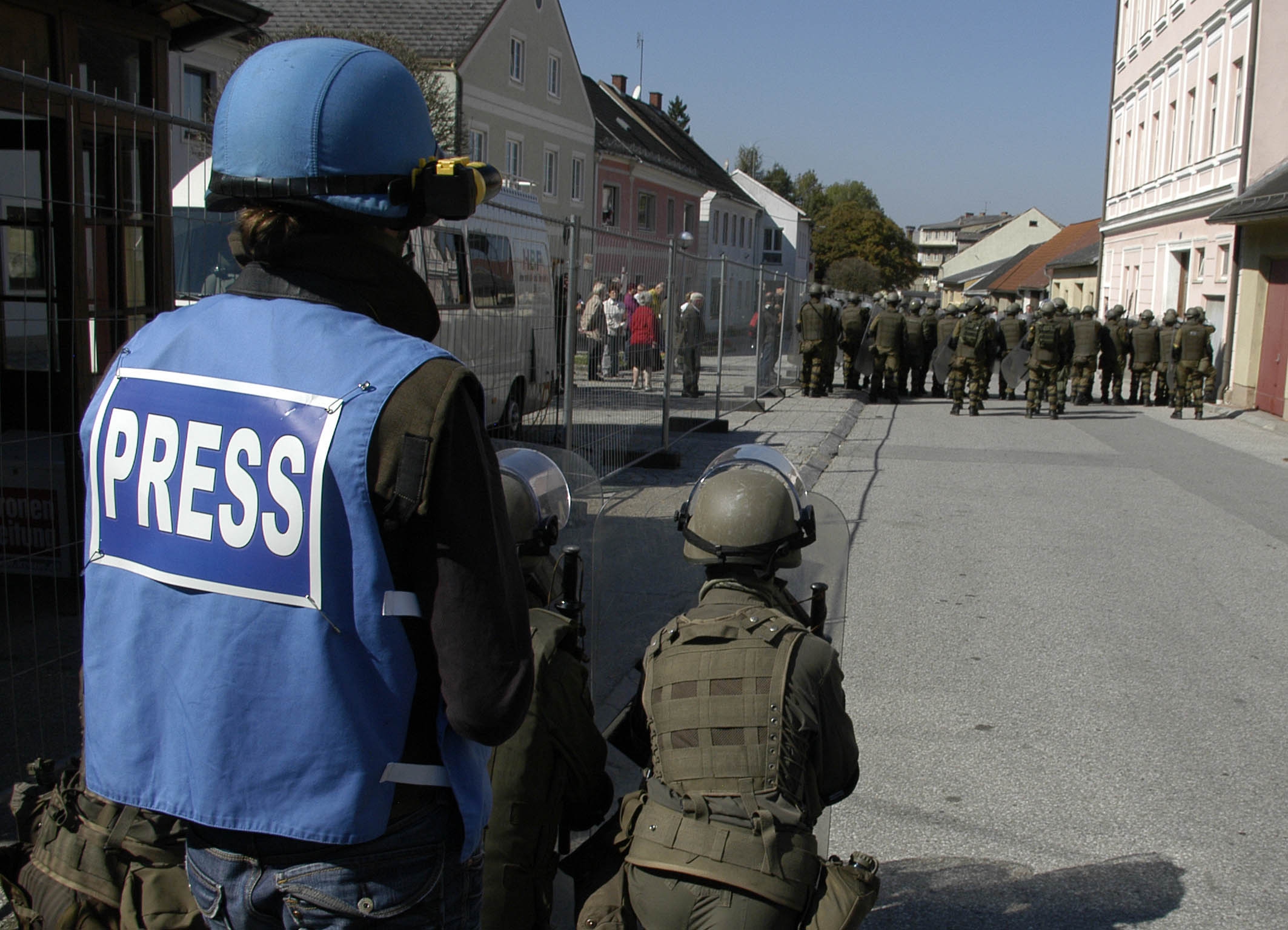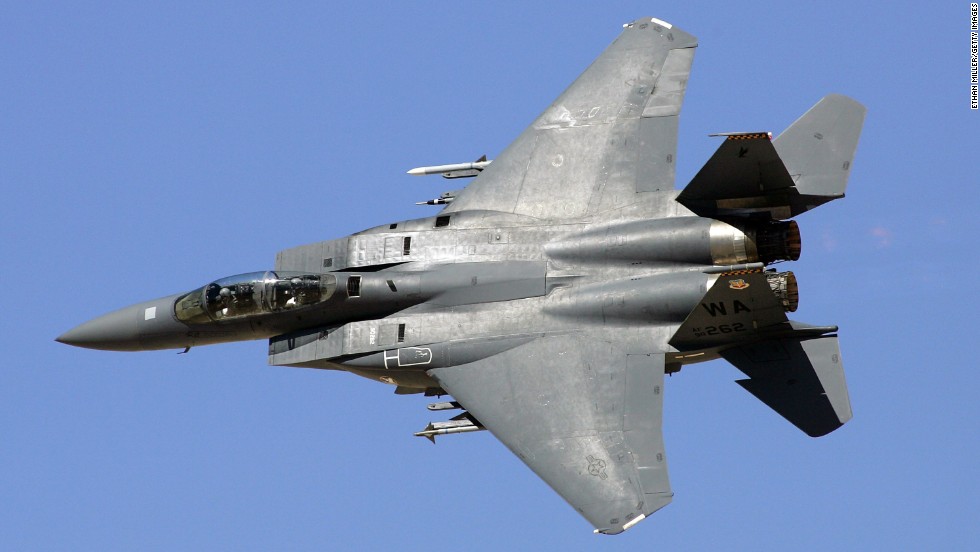
 How the U.S. Military Won the Media War
How the U.S. Military Won the Media War
The American military pulled out of the Vietnam war due to anti-war activism, fuelled by a free press that was showing the horrific acts by both sides.
Some of this reporting became iconic of the war, such as the famous photograph of children running away from napalm bombings. But overall, the army was not shown in a good light.

The mighty interventionist America learned their lesson when they invaded Grenada in 1982: They banned the press from reporting directly and used military reporters instead.
“There is little doubt that post-Vietnam military attitudes influenced the decision to shut the media out of the landing in Grenada…” - NY Times
One journalist, who had not been told about the media blackout, saw US troops and started recording. His videos showed that the US had been lying about the events of the invasion.
This led to a backlash from the press, and so in the first gulf war, the US military had still banned the press, but allowed access if they used ‘embedded journalists’ that had to get all of their reporting cleared before publishing.
As you can imagine, this lead to reporting that massively favoured the military, and in particular journalists depicted soldiers like sports stars. There were even military trading cards made:

After 9/11, the second invasion of Iraq was reported by military spokespeople, kicking out the ‘embedded journalists’ by citing national security.
These army were given guidelines on what words to use, such as ‘insurgent’ instead of ‘rebel’ because insurgent sounds more threatening.
Both the military and the media like this agreement. News programmes can just show footage of fighter planes while leaving the details to bias military representatives, making reporting much easier. All they had to do was sell out all their ethics.

